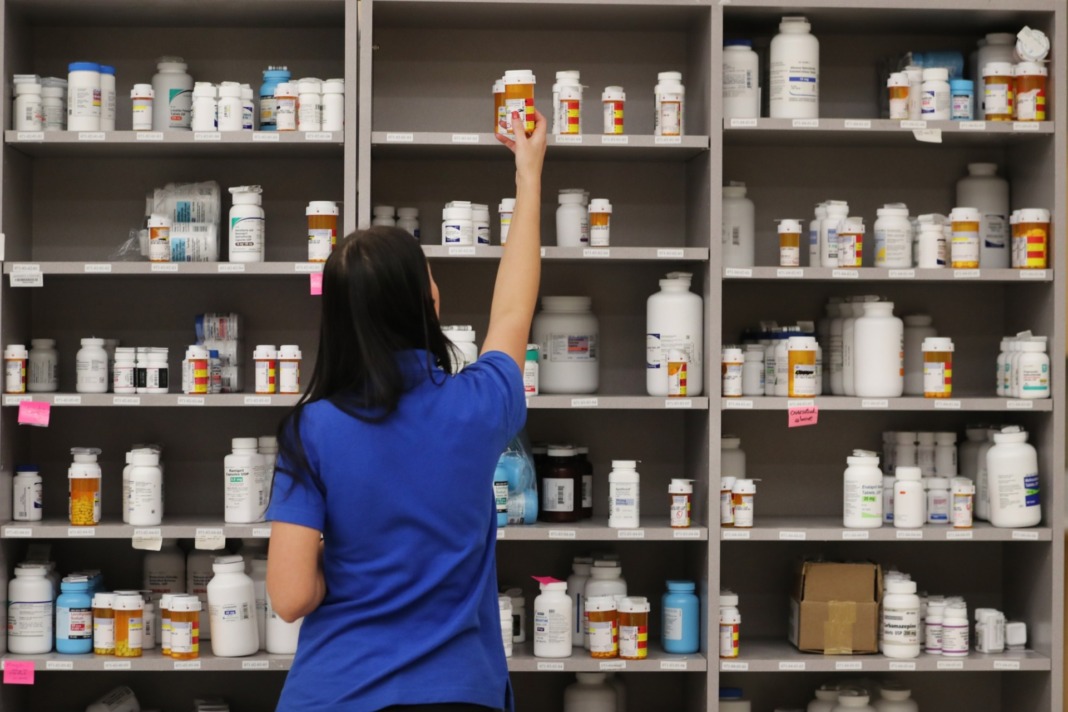In a stark revelation before the U.S. Senate Committee on Finance, Dr. Jason Westin, the esteemed Director of the Lymphoma Clinical Research program at M.D. Anderson Cancer Center in Houston, shed light on the escalating crisis of drug shortages that has become an enduring threat to American lives. The focus of the testimony was on the critical shortage of generic cancer drugs, a problem that has persistently plagued the nation for decades.
Dr. Westin, who witnesses daily the life-saving potential of cancer drugs, emphasized the precarious position both he and his patients find themselves in due to the scarcity of generic options in the United States. Speaking passionately before the committee, he elucidated, “The absence of a generic and cheap drug like fludarabine literally can be the difference between life and death.”
This testimony was part of the committee’s ongoing investigation into a record shortage of drugs, a uniquely American problem according to various studies. Senators recounted stories from constituents who have personally experienced the impact of these shortages. Senator Marsha Blackburn revealed that Vanderbilt’s medical center in Nashville has had to deploy over 100 staff members to manage and mitigate disruptions caused by drug shortages, a sentiment echoed by many providers across the nation.
Senator Mike Crapo, R-Idaho, underscored the alarming fact that 84% of the nearly 200 ongoing shortages involve generics that have been on the market for decades. Considering that generics constitute 9 out of every 10 prescriptions filled in the U.S., the shortages cast a wide net of impact on the nation’s health. Crapo expressed the severity of the situation, stating, “These shortages can inflict drastic harm on massive populations of Americans. The average shortage affects at least half a million consumers, forcing them to scramble for viable alternatives or they’ll forgo treatment entirely.”
At the heart of the problem is the reluctance of pharmaceutical companies to invest in generic drugs. Dr. Westin shed light on the challenging choices faced by physicians treating patients with rapidly progressing aggressive blood cancers. The scarcity of drugs like fludarabine forces medical professionals into making impossible decisions, including prioritizing patients for potentially curative therapies.
The issue extends beyond the United States’ borders, with generic manufacturing often outsourced to other countries like China and India. Dr. Inmaculada Hernandez, a professor at the University of California, emphasized the national public health risk associated with the heavy reliance on foreign manufacturing in the drug supply chain.
Proposed solutions during the hearing focused on changing the incentive structure. Dr. Hernandez recommended the government use value-based payments to encourage large buyers of generics, such as pharmacies and hospital systems, to purchase medicine from manufacturers with more dependable supply chains. Currently, buyers base their decisions solely on price, neglecting crucial information about the supply chain.
Dr. Marta E. Wosińska, an economist and senior fellow at the Brookings Institution, suggested that to end shortages, the Centers for Medicare & Medicaid Services (CMS), the nation’s largest drug purchaser, should buy based on manufacturing quality and reliability, not just on price. This, she argued, would incentivize more companies to enter the generics business.
However, challenges abound. A major hurdle is the consolidation of generic drug purchasing among a small group of powerful healthcare middlemen, including drug wholesalers and pharmacy benefit managers (PBMs). Senator Ron Wyden, D-Oregon, emphasized that while there is money to be made in generics, it often goes to these middlemen rather than the manufacturers. Three drug wholesalers currently control 90% of the nation’s pharmaceutical market.
Moreover, PBMs received criticism for driving up drug prices. Dr. Hernandez’s study revealed that PBMs often pay pharmacies excessive amounts for generics, leading to markups as high as 10 times the acquisition costs. This, she argued, contributes to the ongoing issue of escalating drug prices.
Legislation currently before the Senate seeks to address these issues by making it illegal for PBMs to engage in “spread pricing,” where companies charge payers more for a prescription drug than what they reimburse the pharmacy, pocketing the difference. Dr. Hernandez recommended greater oversight of PBMs.
Until comprehensive legislation is enacted to address the root causes of these drug shortages, experts warn that the crisis will persist, endangering the lives of countless Americans. The situation demands urgent attention and collaborative efforts to ensure the availability of critical drugs and safeguard the health and well-being of the nation.



